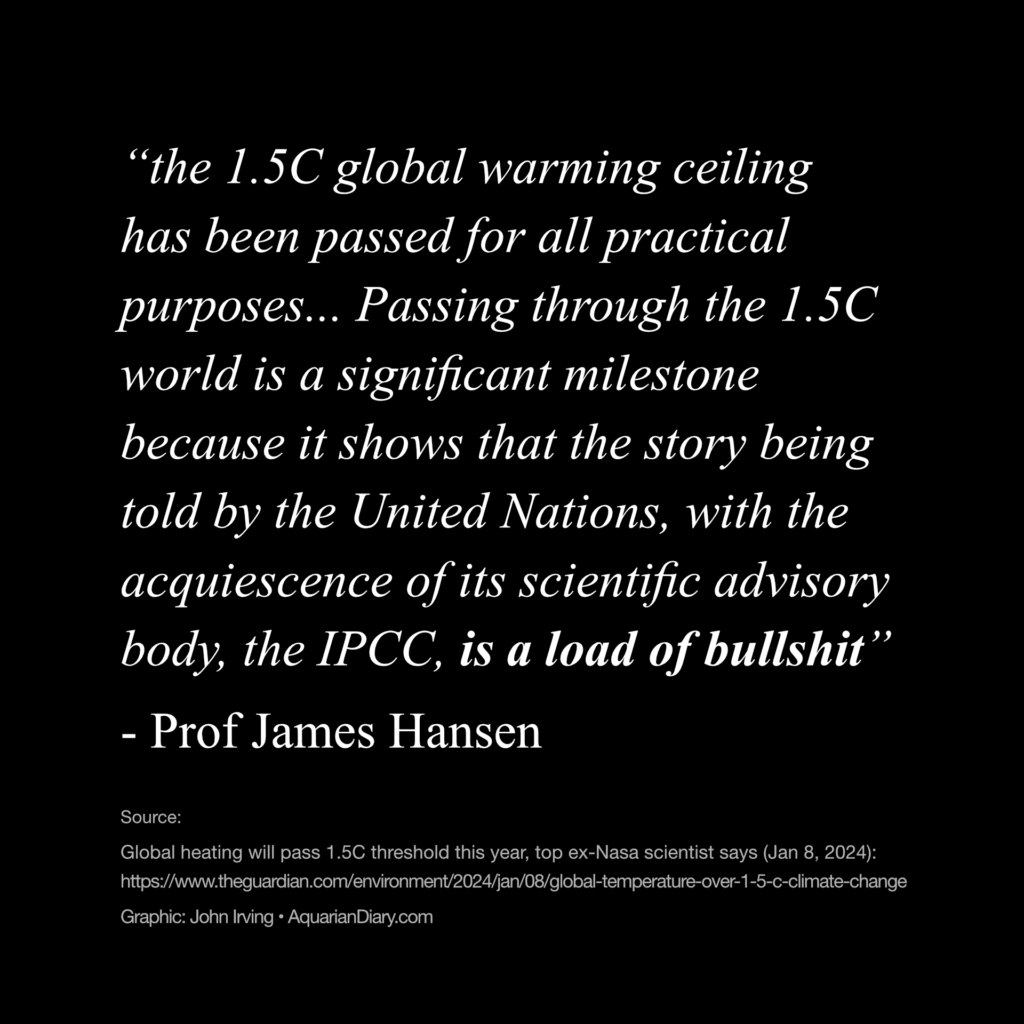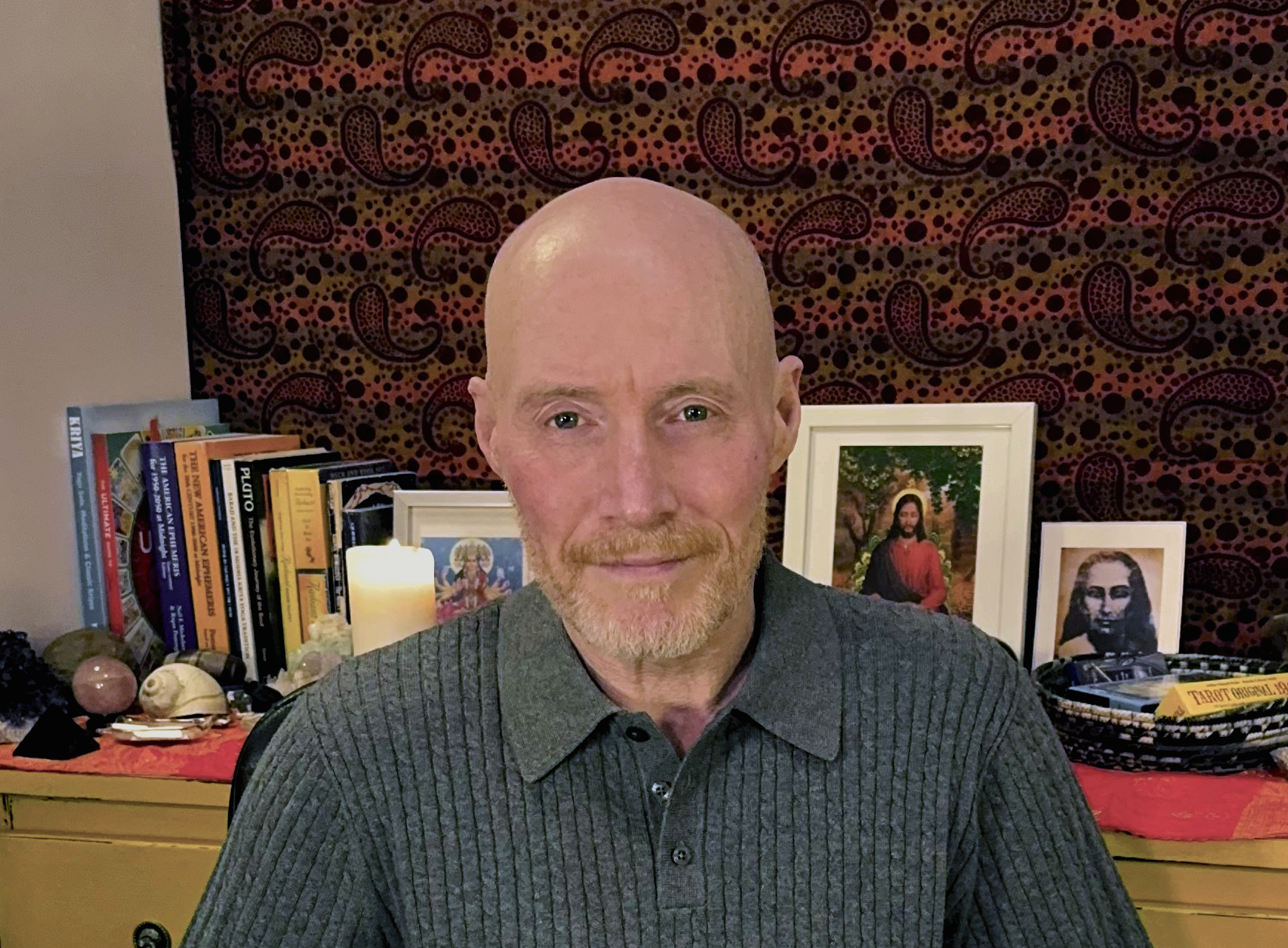I discuss how sea level rise will impact the real estate market in the United States and around the world, and result in widespread mass migration. Yes, even in so-called “developed” countries.
This episode was published on March 15, 2023.
You can support my work and this channel by booking an astrology reading or mentoring session.
Please add yourself to my contact list.
Episode transcript:
Greetings all, welcome to Aquarian Diary.
I’m your host, John Irving.
It is March 14th, 2023.
If you listened to my last episode, I said I wasn’t going to be producing anything until around March 21st. And then I had this unexpected opportunity where I have some time and it’s quiet. And it got me thinking about something I want to talk about here. And that is this.
I have long had kind of a sense of foresight. I can see trends forming many years in advance. And this started for me when I was a young child.
Now, that doesn’t usually serve me because I’m often so far ahead of myself that other people don’t really understand or accept what I’m suggesting is going to happen. And it’s generally too far ahead to benefit from investments and things like that.
But it kind of explains my perspective and why I’m concerned about the kinds of things I’m concerned about and why I do what I do. And I want to illustrate how that works for me because I thought it would be interesting.
Now in the past little while I’ve read several articles which really struck me because I could see how things were going to play out from this evidence. And if I had more time, I might actually address each of those individually on a day by day basis because I find it fascinating. But for right now, because of my limited amount of time, I want to use one example.
Now you could argue that I am simply extrapolating. Fair enough. But the reality is that very few people apparently do this. Or if they do, they don’t take their extrapolation very seriously. And I can say that because I’ve seen it happen countless times over the years. Countless times. I take it seriously.
To illustrate this, I’m going to use an article that was published in the Washington Post on Saturday, March 11th of 2023. So I read this on Saturday. It’s fairly long, but you don’t need to read it necessarily.
The title is “Insurers/Hurricane Ian Payouts Far Below Damage Estimates Documents and Insiders Reveal.” And it goes on to articulate how tens of thousands and upwards of 200,000 some people have had all these issues collecting insurance payouts allegedly – because it hasn’t been proven in court I don’t believe – related to Hurricane Ian, which struck Florida in September of 2022.
So what has happened in Florida is that – because it has been battered by so many severe weather events in recent times – that a lot of the major insurers have pulled back because they were losing money. Apparently. I’m being cautious with my words.
And that left a void where a lot of smaller insurance companies came in to provide services, but they are not nearly as well capitalized.
So according to this report in the Washington Post, what was happening is that adjusters would go out, make assessments, come back, and then their adjustments were severely cut down. So that in some cases people who thought they were fully covered would only get a tiny fraction of what they were expecting. And if you have significant damage to your house, this can amount to a lot of money.
So of course now most people will read this, if they do at all, and think, “Oh, this is just an insurance company-related issue that will somehow be resolved.” Or in the worst case, the government will back them.
But a lot of the people who are dealing with these challenges, the homeowners, may have to get involved in litigation and so forth. It gets very complicated. And meanwhile, they may have homes that they can’t use or that are severely damaged, etc. And it could be things like mold. It could be structures where the roof was blown off and their house is unusable, which of course they still owe money to the bank on.
In Canada here at least, you have to have insurance on your home in order to even get a mortgage from a bank, for the most part. So it’s a very serious issue.
So most people, I think, would just read this and think, “This is just an insurance problem. It’ll get fixed.” But that’s not where my mind stops.
Because I have been very involved for many years with climate change-related matters, I have been aware of these kinds of looming situations for a long time.
The southern half of Florida is for the most part is a mere one meter, or around three feet, above sea level. It is quite likely that all of that territory will be lost in the coming decades. Literally.
And of course, there are millions of people who are in total denial about this because they refuse to accept reality and buy into all kinds of conspiracy theories and whatnot. That’s beside the point. Insurance companies don’t give a crap about conspiracy theories. They deal with reality, for the most part.
So let’s extrapolate from this.
So most people would say, “Well, the government will step in and force insurance companies to be able to back up their claims.” Well, maybe or maybe not, and to what degree?
Or the insurance companies can raise rates dramatically, which would severely impact the lives of the people who own these properties. In some places, like after Hurricane Sandy, there were fears of insurance costing as much as $20,000 a month if I recall correctly. Well, that’s not practical, realistically.
Because there’s a lot of dumb people, like I said, who don’t believe in science. So what’s going to happen is that in the coming years and decades, it will eventually become clear to people that these properties are literally untenable.
At some point, a large number of people will try and sell their properties, probably at significantly reduced values, which will cause something like a bank run, except it’ll be real estate. And these people will all need to relocate somewhere else because it is just too expensive to insure those properties.
And even the government will have limits as to how far they’re willing to go to keep pouring money into properties that will literally be underwater at some point. Somehow and somewhere, there has to be a line drawn.
The other thing, of course, is that if the government continues to bail out people like this, they’re using taxpayer money to do this, and taxpayers eventually will say “this is ridiculous, why do we keep throwing good money after bad?”
So all of those people, in those regions that are coastal and highly prone to extreme weather events, are basically sitting ducks, whether they know it or not.
The smart money will move first, and the longer you wait, the more you’re going to lose, basically.
Of course, this migration will put pressure on other areas which people deem to be more safe or secure, which will see an influx of people, of course, driving up real estate values in those areas.
And many of these places, obviously, do not have the infrastructure or capacity to deal with significant numbers of new residents, many of whom will have lost significant amounts of assets from depreciated coastal properties.
We know that for sure we can expect something like 3 feet of sea level rise this century. I personally think that’s probably a significant underestimate, and there’s increasing evidence to suggest that that is true.
The ice sheets and land-based ice masses around the world are disappearing at a rate that exceeds many of the projections. One thing that is generally true with climate science is that what is actually happening is worse than what was predicted.
So insurance companies aren’t going to offer insurance to people where they are going to constantly lose money, because they’re in the business of making money.
The government will only support these people to a point, because otherwise they’ll go bankrupt trying to do so, and there will be a lot of opposition to bailing out people with pricey homes on Florida beaches.
And, in fact, all of this was predictable at least 15 years or more ago, if not 30 or 40. But because many people refuse to accept reality or don’t think very far ahead, that’s why we run into situations like this.
So like, when I read an article like this, I’m kind of like, “Oh, this is just an early symptom of a much larger problem that is only going to get worse, because even if we were to radically reduce carbon emissions today, there is a huge lag in the climate system.”
Things would get worse for quite some time to come, and even if they stabilized, ocean levels for example would continue to rise for quite some time until we reached a new equilibrium which could take decades if not centuries. We don’t really know for sure, because we’ve never really been in this situation, and there are positive feedbacks that contribute more greenhouse gases to the atmosphere, like eliminating rainforests and melting permafrost and things like that.
So it’s a giant experiment, although we generally know which direction we’re going.
And this applies to all coastal regions, not just the United States, but all around the world. Wherever there is vulnerable coastline, basically, or low-lying river deltas.
So like I said, the smart money has already made their move, and then there’s a continuum as to how far down the line, like the people who wait too long are going to get burned really bad.
And the real question is, economically at least, when does a critical mass of people realize this? Because that’s the tipping point.
Now we’ll probably see this whole scenario I’m describing unfold over the coming years. To be clear, this will play out over decades.
Hurricanes don’t always strike the same places every year, but if over the next few years we have significant hurricane events in the Gulf or on the eastern seaboard of the United States, I suspect that we’re going to see this be a very significant issue indeed.
The global economy is a lot more fragile than people think. Even a few percentage points off GDP can make a huge difference.
So how much real estate are we talking about? Trillions of dollars? There are many countries in the world who do not have a gross domestic product of a trillion dollars. It’s a lot.
And when you take real estate off the books, which is something that normally never happens or extremely rarely, it is money that literally vaporizes. It can’t be replaced. You know, there might be an example of somebody who has a house near a volcano or something like that, but we’re talking about massive amounts of low-lying coastal real estate.
Just to put things in perspective, Greenland is worth about 7 meters of sea level rise. That’s about 21 feet. All of Antarctica and Greenland, you’re talking 225 feet or 70 some meters.
Now, it would take centuries if not millennia for all of Antarctica to melt, but we don’t need to have all of it disappear to have dramatically significant consequences.
Even a few feet, much less 10 or 20, well, think about places like New York City, London, Hong Kong, Tokyo, etc. Most of the Nile River Delta, which is a hugely important agricultural zone, a breadbasket as it were, is very close to sea level.
Another thing, is the government likely to promote this inevitable reality or not? Do they want to provoke or instigate a dramatic run on that real estate? If it were to happen in short order, it could literally crash the economy.
So, even though this is true and even though they know it’s going to happen, are they going to promote that fact? Not likely. It would also potentially be politically suicidal.
In other words, they don’t want people to panic. Or, at the very least, they want to postpone it as long as possible.
Nonetheless, these outcomes are almost guaranteed to occur. The question is when and how, and how quickly do they unfold?
This is not mere uninformed conjecture. If we look at the evidence and the facts and the science as we understand it and know it right now, these outcomes are inevitable. This is only one aspect of what will unfold, and is already unfolding.
Of course, all this will be compounded by increasing heat and drought in other areas, particularly the equatorial zones. But those are separate issues. I’m only focusing on sea level rise here.
And all of this, all of it, is directly related to the combustion of fossil fuels.
And no, it is not related to solar activity. That is actually insulting to our intelligence. It is relatively trivial to measure solar activity. To think that no one has already thought of that or considered it is ludicrous.
There is, in fact, no other subject in all of human history that has been studied more than climate change. It would take hundreds of thousands of really dumb people to overlook examining something as obvious as solar activity.
So when people suggest that is the primary cause or anything close to it, ask for one shred of credible evidence. There is none. Zero. They are lying or misinformed. And anyone so poorly informed probably shouldn’t be commenting on the topic.
If you took all of the profits that were generated by fossil fuels as an industry, it would represent only a tiny fraction of the actual costs that will be incurred in the near and distant future.
It is often referred to as the social cost of carbon. In other words, the costs are socialized to the general public from the activity that benefited very select and specific commercial and corporate interests. They download their actual expenses or externalities to humanity as a whole.
So it’s not profitable at all, in other words, if you factor in the actual costs of that activity. It’s a net negative. In the long run, at least.
And this has been known for many years. It is not a surprise.
Now there’s a lot of science involved in this, which I’m not getting into a lot of detail about here because my audience is a general audience. And I’m not actually a climate scientist. So bear that in mind. But you can go read about this for months if you want to.
This is just one example of the kind of things I read and that I read into and extrapolate from that have monumentally significant implications that most people – as far as I’m concerned – don’t think about. Now I’m sure some of you do, but you’re a minority, I can assure you.
So I will put a link to that article in the description, of course. You can read it yourself.
But that’s not really the point. The point is the exercise.
I do not make any income whatsoever from producing videos. And I have a growing list of topics I want to discuss.
So if you find this content interesting, you can support me by doing things like commenting, liking, subscribing, sharing, and I do astrology readings.
I particularly like to help people clarify and understand their spiritual or evolutionary mission in this lifetime using astrology.
I would like to be able to devote all of my time to this. So I appreciate all of your support.
Anyway, that’s all for now. And I’ll put a link in my description if you want to contact me.
Take care. All the best. And I’ll talk to you again soon.
End episode transcript.
The article that I reference in this episode:
Insurers slashed Hurricane Ian payouts far below damage estimates, documents and insiders reveal
#Environment #RealEstate #Insurance
Search for “Aquarian Diary” in your podcast app to find the podcast version of this channel.
You can support my work and this channel by booking an astrology reading or mentoring session.
Check my Community Tab where I comment and share links I find interesting:
Please add yourself to my contact list here.
#AgeOfAqaurius #AquarianAge #Ascension




